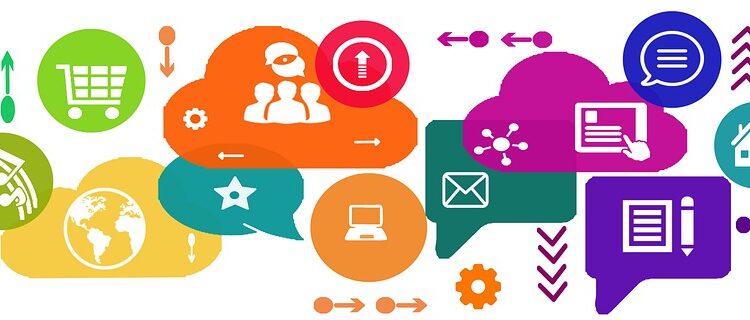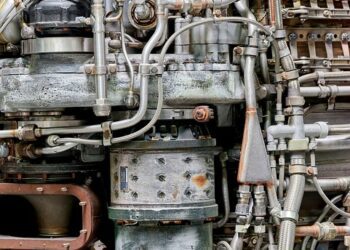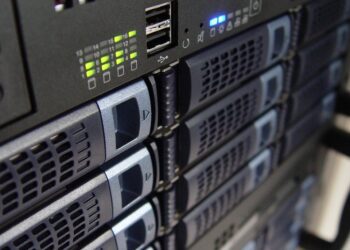From assembly lines to algorithms, the evolution of automation has revolutionized industries across the globe. Automation has transformed the way we work, increasing efficiency, speed, and accuracy in tasks that were once performed manually. This evolution has not only changed the way businesses operate, but also reshaped our society and economy.
The concept of automation dates back to the early 20th century, when Henry Ford introduced the assembly line in his automobile factories. This innovation allowed for the mass production of cars at a faster pace, leading to increased productivity and lower costs. The assembly line served as a foundation for future automation technologies, setting the stage for further advancements in the field.
Over the decades, automation has evolved from simple mechanical processes to sophisticated computer systems and algorithms. Today, automation plays a crucial role in a wide range of industries, from manufacturing and transportation to healthcare and finance. Robots and machines now perform tasks once carried out by human workers, leading to increased precision and consistency in production processes.
One of the key drivers of this evolution is the rise of artificial intelligence and machine learning. These technologies enable algorithms to analyze vast amounts of data and make decisions in real-time, leading to improved efficiency and accuracy in various tasks. For example, machine learning algorithms can be used to optimize supply chain management, detect fraudulent activities, and even diagnose medical conditions.
The evolution of automation has also led to concerns about job displacement and the future of work. As machines become more capable of performing complex tasks, there is a fear that many jobs could be automated, leading to unemployment and economic disruption. However, proponents of automation argue that it can create new opportunities and lead to the emergence of new industries and job roles.
In conclusion, from assembly lines to algorithms, the evolution of automation has had a profound impact on industries and society as a whole. While automation has brought about many benefits, it also presents challenges that must be addressed. As we continue to advance in automation technologies, it is crucial to strike a balance between the benefits of automation and its potential drawbacks, ensuring a sustainable and inclusive future for all.








